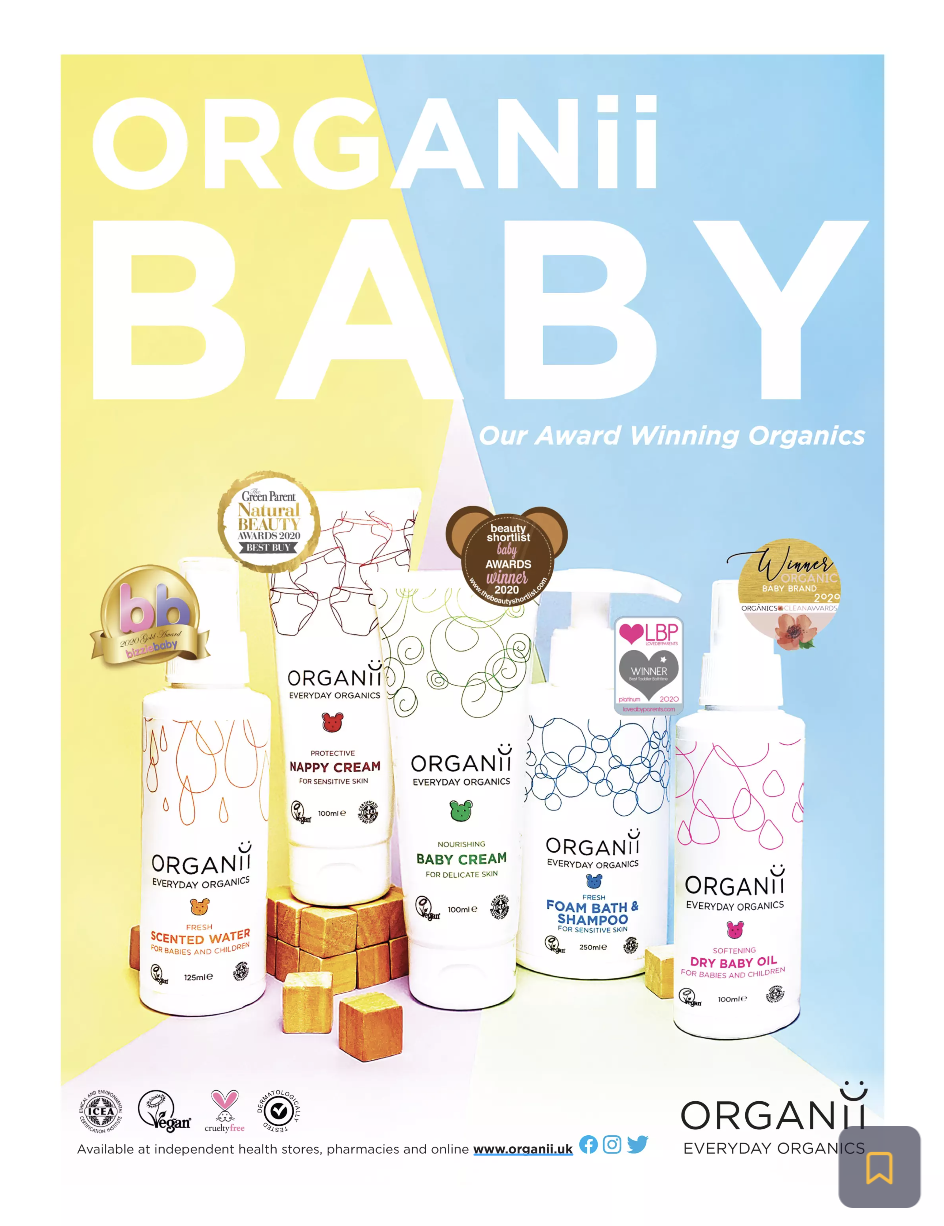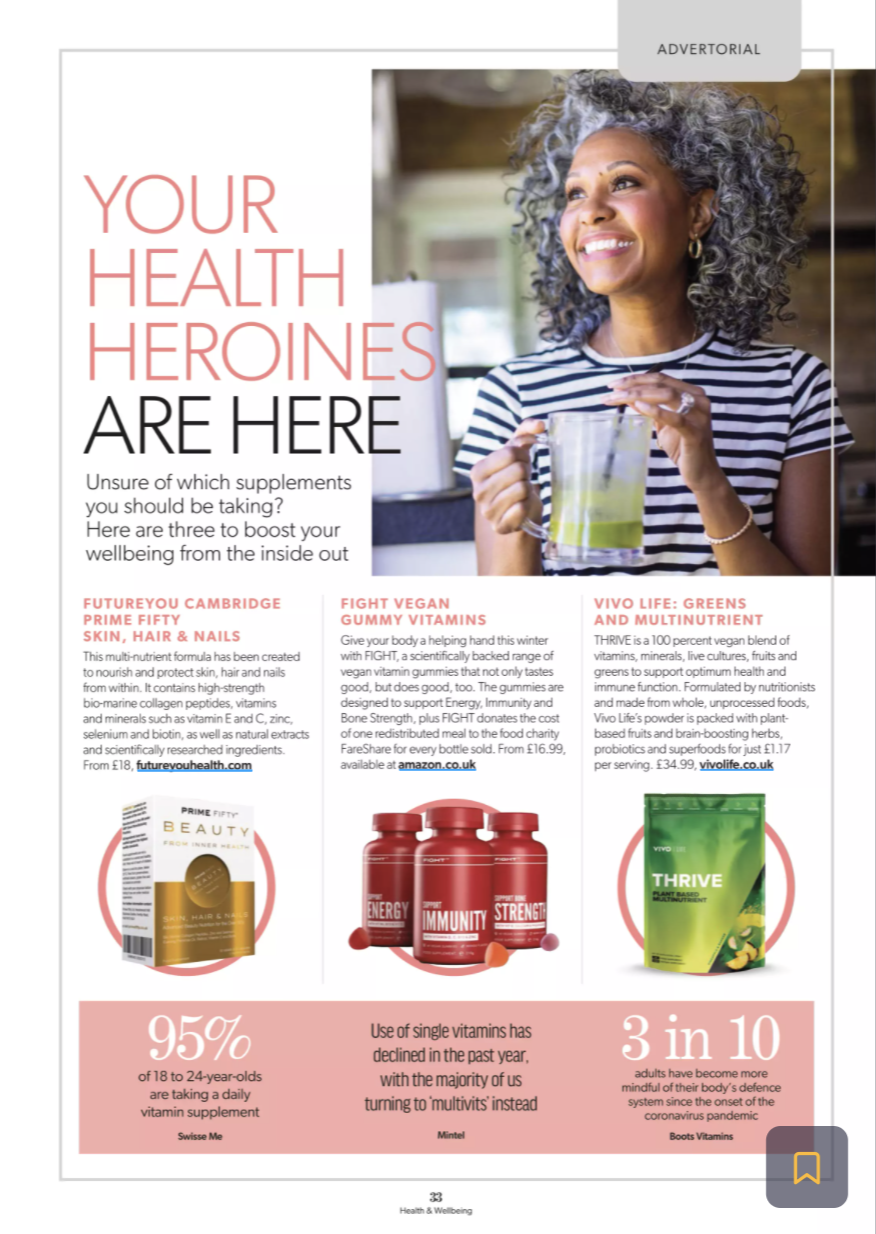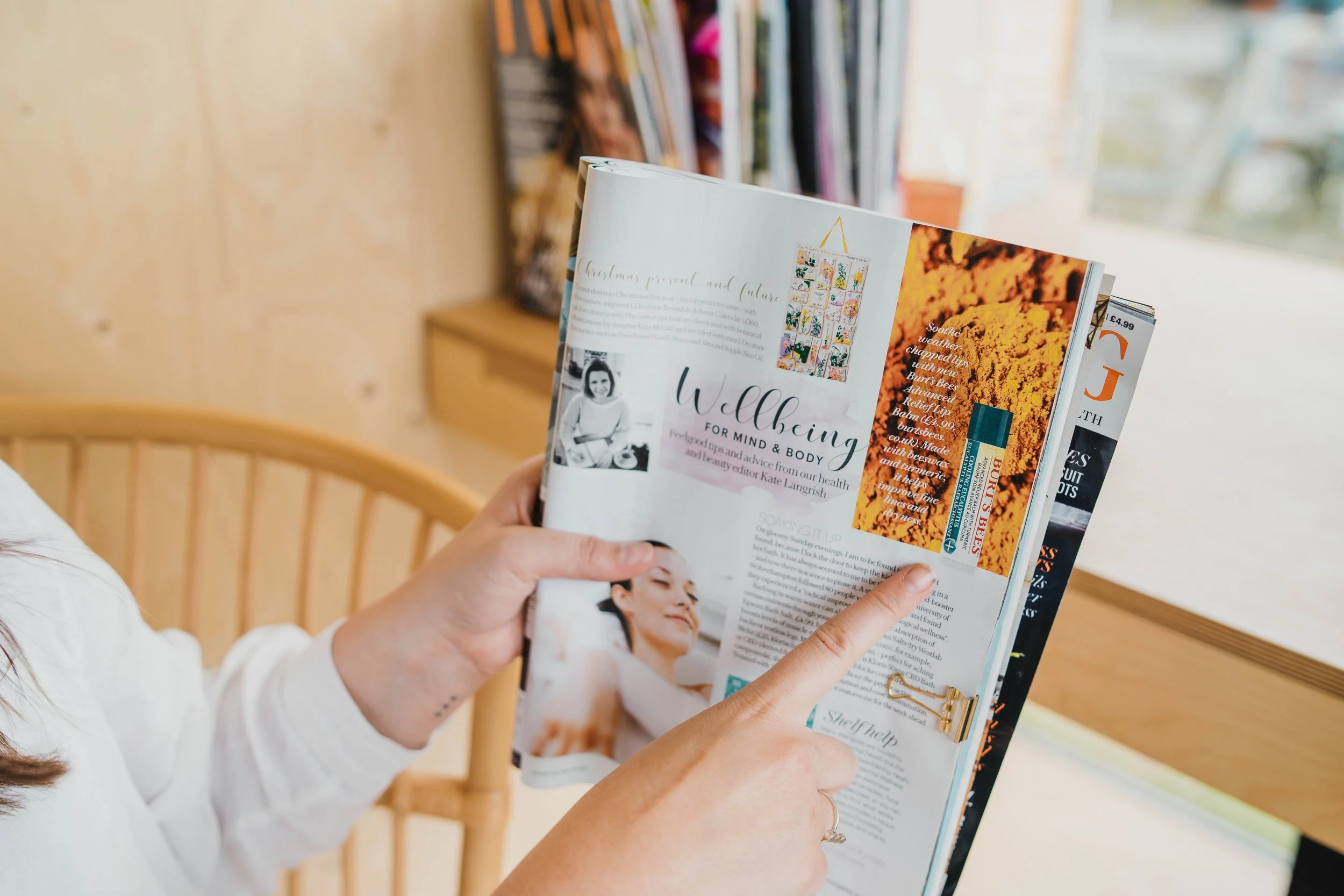3 reasons why you shouldn't pay for magazine coverage
If a national UK publication approaches you about a paid opportunity, we get that it’s tempting to go ahead. Who doesn’t want to see their brand gracing the pages of a well-established magazine? Especially if you’re yet to make PR part of your strategy. However, as lucrative as it might seem and it’s being sold to you, we always advise businesses to steer away from paid advertisements or advertorials. In this blog post, you’ll find out why.
It’s not PR
Why should you say no to paying for coverage? The answer is simple; because it’s advertising, not PR. We often see brands mistaking paid advertorials for organic unpaid coverage, and we understand that it’s easy to mix up the two. A brand might see this as a golden opportunity to get featured in a magazine they’ve always dreamed of and is therefore happy to pay the money to be guaranteed inclusion.
Magazine advertorials or advertisements often happen on the back of a person from the advertorial team contacting a brand directly with the packages they have available. Cost ranges depending on the type of advertorial, but they generally come with an expensive price tag.
Paid coverage is either referred to as advertorial or advertisement, but what is the difference between the two? An advertorial is a paid-for feature in a magazine or a newspaper, disguised as a regular piece of content - look for the 'advertorial' sign, usually in the top corner of the page. It’s more detailed than advertising and is written in an ‘editorial’ style (hence the name) - normally written by the ad agency or the client.
Below you’ll see an example of both an advertisement (to the left) and an advertorial (to the right) to demonstrate the distinction between them.
2. Potential customers see right through it
This is an example of organic, unpaid press coverage.
It’s easy for readers to spot advertorials. They know that the inclusion is paid for and not an earned, carefully curated feature by the editorial team themselves. Building credibility and trust are two of the most important benefits of PR, while advertorials do the exact opposite.
It doesn’t reflect well on you as a brand and can come across as disingenuous when promoted on social media, in your marketing, etc. Highlighting your coverage to your audience (or ‘PRing your PR’ as we often refer to it as) is usually such a powerful trust signal, but if you’ve paid to be featured, then you can’t shout about it as press coverage - people will see right through it. Organic (unpaid coverage) on the other hand (like above), will ensure you:
👉 Appear credible and build trust with consumers
👉 Increase brand awareness and reach more customers
👉 Stay one step ahead of your competitor
👉 Strengthen your marketing
3. It can put stockists off
Photo credit: @headcakephoto
Whether you're attending a trade show or are communicating with a potential stockist, the likelihood is that they'll ask about your press coverage. If you've got a press book with your online or print magazine features ready to show, then you're already increasing your chances of securing a new stockist or getting return orders. However, if stockists spot you in an advertorial, then it could have a negative impact.
The same goes for a member of the press. If an editor or journalist sees you in a paid-for feature and then you contact them, they might be wary of featuring you.
Have you paid for coverage?
Don’t worry or panic – just remove any logos or mentions from your website and social media. And now that you know why paid coverage isn’t beneficial, you know to stay clear of it moving forward. Start afresh and work towards securing some great press coverage in UK publications that is earned. Yes, it requires work and might take longer, but you earned it and you were on that magazine page because the editor wanted you there and because they believe you’re a good fit for their readership. Doing your PR long-term and being consistent with your press coverage will do wonders for your eCommerce business.
Want to receive our monthly PR calendars straight to your inbox, and be the first to know about our free live workshops?





